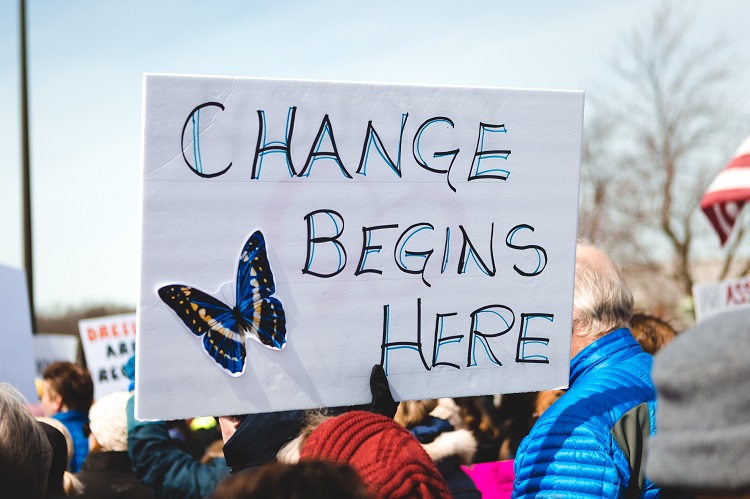In a letter to his wife, Martin Luther King, Jr. once wrote, “[T]oday capitalism has outlived its usefulness.” Was he right?
Although King and many others label free-markets as unfair and immoral, free-market capitalism is fundamentally good and just. It creates an environment that awards innovative entrepreneurs for serving others through the creation of goods and services. Rev. Robert Sirico, president of the Acton Institute, affirms this contention when he says, “In a capitalist environment one has to be others-minded, looking to meet the needs of the consumer to be successful.”
Free-market capitalism is not a no-rules, anything-goes economy. For one, a natural system of checks and balances is created by rational consumers. Businesses must cater to consumer demand by supplying products that satisfy customers.
Secondly, all members of the system must adhere to beneficial “rules of the game” which set standards for business operations. These policies include: a tax system that minimizes low income earner’s contributions, accounting standards that display accurate pictures of financial activity, and rule of law that makes contracts binding. If businesses fail to meet the needs of others, undesirable products remain unsold and unethical business practices are penalized by the government. Conversely, ethical businesses that meet consumer demands are rewarded with a profit.
[pq]Free-market capitalism increases wealth for all citizens and allows movement amongst classes.[/pq]
So why do Marxists and other liberal progressives view monetary success as unethical? In large part, they are misinformed. They believe that wealth creation is a zero-sum game. Indeed, the gap between the richest 1 percent and the poorest 1 percent in America has increased over time and is greater now than ever. However, as AEI president Arthur Brooks notes in “Road to Freedom,” “Real incomes of America’s poorest 20 percent have increased over 24,000 dollars from 1947 to 2005.” As the rich get richer the poor get richer too. Jay Richards, author of “Money, Greed, and God,” demonstrates that wealth is created through win-win transactions which benefit all involved parties. Risk-taking entrepreneurs are rewarded more than others, but all of society benefits from their innovation. Capitalism is good for all parties.
Moreover, the free market allows individuals to move freely across income groups. As Mark Perry reports, “For those U.S. households that were in the lowest earnings quintile (bottom 20 percent) in 2001, only 56 percent of those households remained in that quintile in 2007, and 44 percent had moved to a higher quintile by 2007.” At the same time, “For those households that were in the highest earnings quintile (top 20 percent) in 2001, 34 percent had moved to a lower quintile by 2007, and 5 percent of those households had moved all the way to the bottom quintile.” Individuals might spend money on college and then be unable find a job. High-school dropouts create companies that provide them with sustainable six-figure incomes. The fact that free-market capitalism increases wealth for all citizens and allows movement amongst classes has been asserted, studied, and proven.
The opposite of free-market capitalism is state-controlled socialism, a system in which wealth is distributed without regard to input. This system strips individuals of their freedom to benefit directly from their hard-work and replaces it with a guarantee of provision at others’ expense. This ultimately leads to an unhappy and unfulfilled people.
According to a University of Connecticut study of the relationship between happiness and wealth, the ability of an individual to earn his or her success is the most critical factor in determining happiness. A pastor must be able to see the fruit of his service, a physician must see the healing of their care, and entrepreneurs must reap the profit of their risk. Reaping the losses of risk taking is at the same time a disincentive to continuing unproductive behavior. Creating an environment that divorces profits and losses from individual choices denies citizens a central ingredient to happiness and personal growth.
Winston Churchill accurately describes the difference between these systems: “The inherent vice of capitalism is the unequal sharing of blessings; the inherent virtue of socialism is the equal sharing of miseries.”
Free-market capitalism grants people the opportunity to serve society at large, to move freely through classes, and to pursue happiness as they define it. Therefore, in my opinion, capitalism is fair and just.



